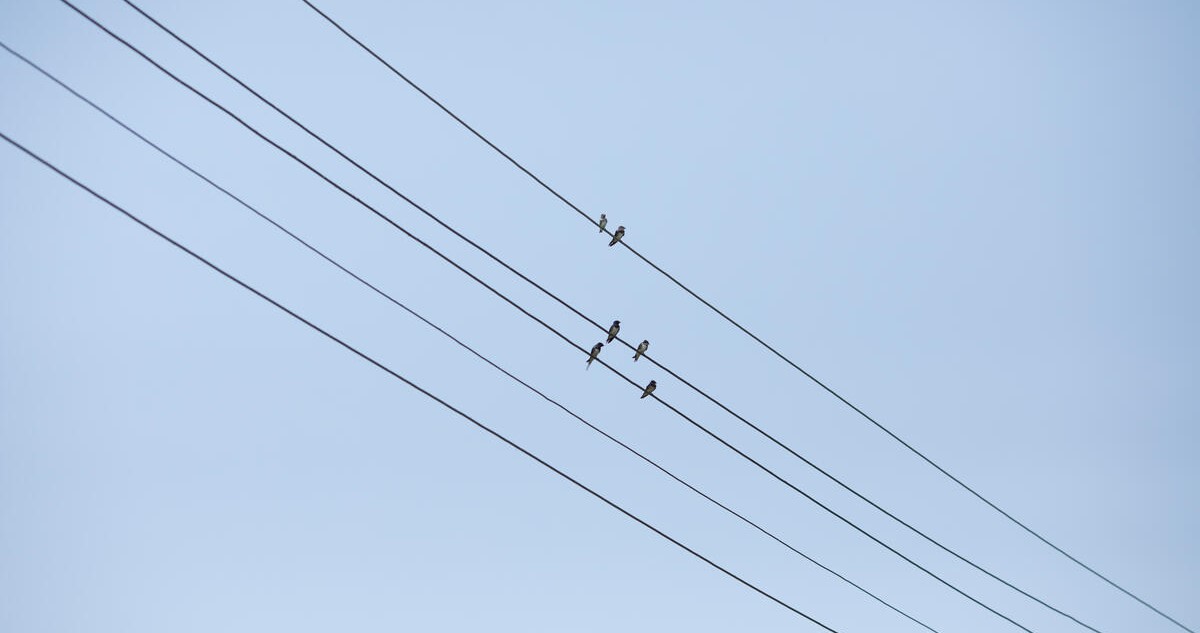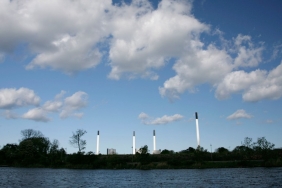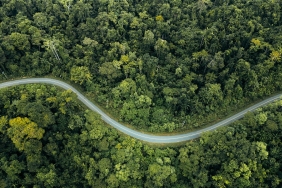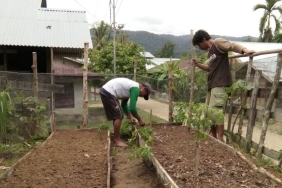SUKABANJAR RESIDENTS OF WEST COAST LAMPUNG NOW ENJOY ELECTRICITY FROM MICRO-HYDRO
By: Hijrah Nasir
WWF Indonesia encourages the utilization of micro-hydro power plants (MHP) as one of the renewable energy sources. The commitment was realized by providing assistance of 10 micro-hydro units to the community in Sukabanjar Village, Bengkunat District, Tanggamus Regency, Lampung Province since 2015 with the support of WWF Japan and Toyota.
On March 10, 2017, WWF and Toyota held a monitoring of micro-hydro utilization by the community in Sukabanjar Village. This monitoring activity was also attended by the Regent of Pesisir Barat, Dr. Drs. Agus Istiqlal, SH, MH, who was accompanied by the Head of SKPD of Pesisir Barat Regency. During his visit, the Regent welcomed the efforts of WWF Indonesia that have helped the community through the procurement of MHP in areas that have not been electrified by PLN.
The MHP program is run by Sukabanjar residents through a group system, where 10 micro-hydro units are managed by 10 groups led by 1 parent group with 185 members placed in 2 locations namely Siring Balak and Tatasan. The group named Sukamaju is led by Mr. Eli Suheli. Since 2015, the community assisted by WWF Indonesia has conducted a micro-hydro location survey. Determination of the location of micro-hydro installation must take into account the water discharge so it takes time. New in March 2016, the survey was conducted in Way Tatasan. Through mutual cooperation, the Sukabanjar community finally managed to build 10 micro-hydro units within two months.
In his speech, Pak Eli revealed that the MHP program is very beneficial for the people in Sukabanjar village. The benefits felt directly by them include helping the community's economic activities. With electricity, now women in Sukabanjar village who previously ground coffee manually can now grind coffee with a grinding machine. The lighting from the MHP also helps school children to study at night. In addition, the community can now use the water machine without having to walk far to the river to fetch water. The community also claims to be able to get new information with the TV in their homes. In addition, the MHP is also used to operate the Sukabanjar pekon office.
Before this MHP, Sukabanjar residents used diesel by filling at least 2 liters of diesel per night with an average expenditure of Rp 600,000 / month. By using micro-hydro, they only need to pay Rp 50,000/month for maintenance costs paid monthly to the Sukamaju micro hydro group management. However, out of 678 households in the village, only 185 households have become beneficiaries of this micro-hydro plant. The rest still utilize diesel, solar panels, and lighting from kerosene lamps.
Pak Eli also hopes that in the future there will be assistance for 2 more mycro hydro units for them, because there is 1 hamlet that has not received electricity and is isolated. He also hopes that the district government will improve road access to their village which has been isolated and the economy is less developed due to poor road and bridge conditions.
Through this visit, the Regent of Pesisir Barat promised to improve road and bridge access in the village this year. In his speech, he appreciated the efforts of WWF and Toyota for the 10 micro-hydro units. He also added that the conservation of wild animals is important to maintain the ecosystem, however, there needs to be a balance between nature and humans.
While in his speech, WWF Indonesia TNBBS Project Leader, Job Charles revealed that WWF Indonesia has been working in Pesisir Barat Regency since 2009 by assisting the community in handling and mitigating human-animal conflicts. In early 2016, WWF Indonesia also signed an MoU with the Government of West Pesisir Regency in order to implement green development and encourage sustainable economic development.
Present to give a speech, Toyota Representative, Keiko Mitsui hopes that this MHP can be utilized properly by the people of Sukamaju. "We hope that the community can still protect the surrounding environment. Furthermore, for the maintenance of this PLTMH, we leave it to the Sukabanjar community, in this case the Sukamaju group." he explained.





